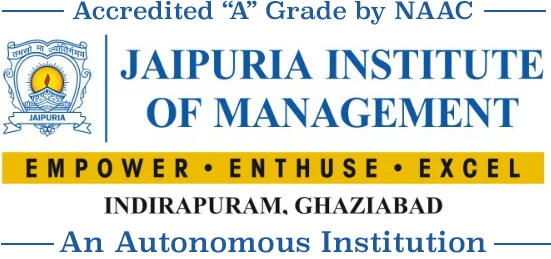As we all know Learning is the process of acquiring new or modifying existing knowledge, behaviors, skills, values, or preferences. It is an essential part to accomplishing something in our life. But it will be amazing when we make it parallel with our self efficacy.
When someone tell us that you’ve done a good job, we are likely to memorize the praise and repeat the activity in the future. It explains that Success leads toward additional successes, and failure can throw doubt on the outcome of future attempts. When you succeed at something, you are more likely to attempt it again. So it is more or less your confidence about your inner self or about your own abilities. Albert Bandura defines it as self efficacy “People’s beliefs about their abilities have a profound effect on those abilities. Ability is not a fixed asset; there is huge variability in how you perform”. Self-efficacy is certainly worth having because as Henry Ford notably put it, whether you believe you can or you can’t, you are right.
“Self efficacy is our self believes about our own abilities to perform amazing”. Gandhi perfectly understood the crucial role that self-belief plays in our lives:
Your beliefs become your thoughts. Your thoughts become your words. Your words become your actions. Your actions become your habits. Your habits become your values. Your values become your destiny.
So, everything in our control and it’s our perception for their success and failure. Learning revolves around the beliefs that person’ feelings and actions are based more on what they believe about their capability. Self-efficacy as the mind’s self-regulatory function; it tells us when to try and when to stop. If you do not believe something is possible, you are less likely to effort the task and more likely to give up early if you do.
Confidence plays an enormous role in learning. Many researches support the notion that believing in your ability to do something enhances your ability to do it. Self-efficacy plays a major part in determining our chances for success; in fact some psychologists rate self-efficacy above talent in the formula for success. We need to pay special attention to self-efficacy when setting goals to make sure that our efficacy beliefs are in line with our aims and not working against them. Self-efficacy is a constantly evolving process from childhood to old age. It increases as an individual becomes more confident that he or she can accomplish a task. Some tasks, such as educational attainment or physical ability, tend to reinforce self-efficacy when you are a child. Other behavior activities, such as musical intellect or public-speaking ability, tend to emphasize self-efficacy as you grow into adulthood. Self efficacy and dynamics of learning are correlated. Our beliefs in our ability lead to our self-reliance and learning. So act, think and feel in similar way will make you winner in life.
About the Author

Teena Chaudhary
ASSISTANT Professor
She is MBA and pursuing PhD in the area of Human Resource. She has more than 8 years of teaching experience.




